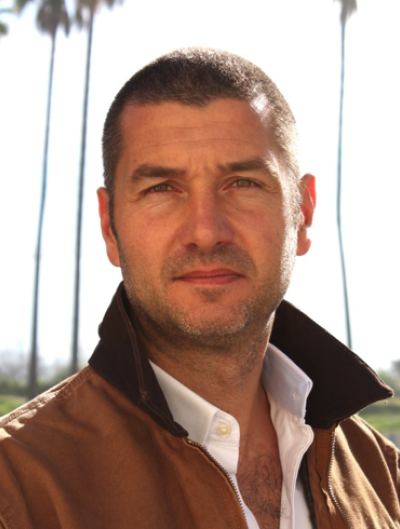Roland Geyer
Assistant Professor
Environmental Science

Research
Roland Geyer is interested in the life cycle of manufactured goods—the processes in the form of energy and material flows that are related to transforming raw materials into products and, ultimately, waste—and in the environmental and economic potential of reuse and recycling activities. He uses the approaches and methods of industrial ecology, such as life-cycle assessment (LCA) and material-flow analysis, to assess energy efficiency and pollution-prevention strategies based on recycling, reuse, and material and technology substitution. Geyer also combines these approaches with research methods from operations management and other fields in order to study the relationship between environmental performance, economic viability, and technical and operational feasibility of energy efficiency and pollution-prevention strategies. His overarching goal is to help develop the science and knowledge necessary to reduce the environmental impact from industrial production and consumption.
Affiliations
Greenscale Center for Energy-Efficient Computing, Member
Biography
Roland Geyer is Assistant Professor at the Bren School of Environmental Science and Management, University of California at Santa Barbara. Prior to this appointment he held positions as research fellow at the Centre for Environmental Strategy, University of Surrey, UK, research associate at the Centre for the Management of Environmental Resources, INSEAD, France, and consultant in financial risk management for AMS (now part of CGI) in Germany. Since 2000 he has worked with a wide range of governmental organizations, trade associations, and companies on environmental sustainability issues. In his research he uses the approaches and methods of industrial ecology, such as life cycle assessment and material flow analysis, to assess pollution prevention strategies based on recycling, reuse, and material and technology substitution. Roland also combines these approaches with research methods from operations management and other fields in order to study the relationship between environmental performance, economic viability, and technical and operational feasibility of pollution prevention strategies. His overarching goal is to help develop the science and knowledge necessary to reduce the environmental impact from industrial production and consumption.
Education
MS: Physics, Technical University, Berlin
PhD: Engineering, University of Surrey
Contact
3426 Bren Hall
University of California, Santa Barbara Santa Barbara, CA 93106-5080